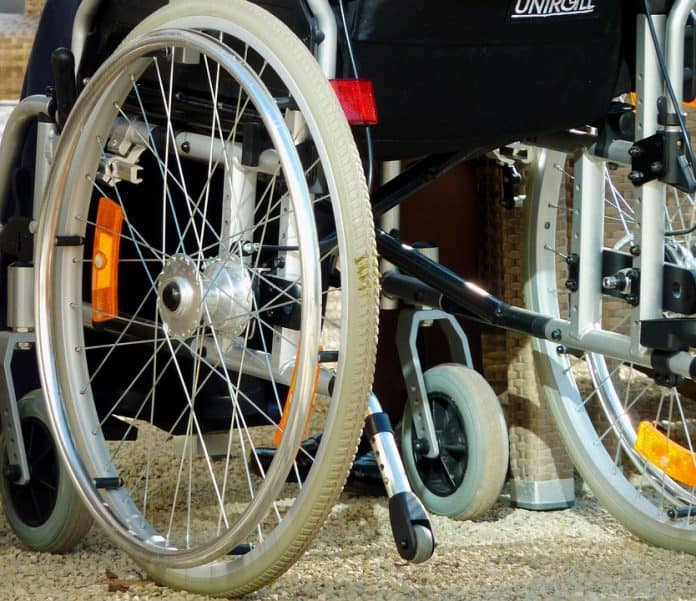
By Michael Deem
Nursing Home Abuse can take many forms. It can be intentional, visible, obvious or it can be more subtle-abuse through neglect and general lack of care on the part of nursing home staff. Abuse can be physical, emotional, financial, or even sexual. Each of these takes a heavy toll on any person, but nursing home abuse and nursing home neglect can be especially hard on the elderly — some of the most vulnerable members of our society. Whatever form nursing home abuse takes, it is urgent that you and your loved one open a dialogue about this extraordinarily sensitive topic. Communication is necessary to end the abuse and let the healing begin.
The first step in opening a dialogue is identifying suspected abuse. There are many signs of nursing home abuse that you can look for. The first sign you may notice is a change in behavior. The emotional effects that often accompany abuse can manifest as sluggishness or depression, a lack of enthusiasm for things your loved one once enjoyed, or even a loss of interest in visits. The change in attitude can be significant and sudden, or it may be subtle and prolonged. The most important thing is to be observant and notice if the change is taking place on any level.
Of course, it is also possible that signs of abuse will be far more apparent. Physical signs of nursing home abuse or nursing home neglect can take the form of bruises, sores, cuts, scars, or any similar injuries. These may be from simple accidents, but if there is anything suspicious about the injury, the problem should be addressed immediately. Suspicious signs might include a reluctance to talk about how the injury occurred or claiming not to remember the cause. Even more obvious signs are bedsores which are a common signs of nursing home neglect. They are painful and, if infected, can be potentially lethal.
Statistics show that nearly 50 percent of all nursing homes are short staffed. The staff people who do work in these facilities are underpaid, overworked, and all too often overburdened, which in turn leads to elder neglect and abuse.
When abuse or neglect are identified or suspected it is important to notify the authorities and contact a Nursing Home Abuse Lawyer to discuss your legal rights.
Document any such evidence you observe, and bring it to the attention of the local authorities and your attorney. Neglect can be just as harmful in the long run as abuse, leading to additional health problems and possibly death. Nursing home abuse isn’t limited to physical abuse; there can also be emotional, verbal, and psychological abuse, where an elder is demeaned or humiliated in other ways.
If you think a loved one is the victim of Nursing Home Abuse or Neglect call the trial attorney’s at R.C. Shea & Associates for a free consultation to discuss their rights.







